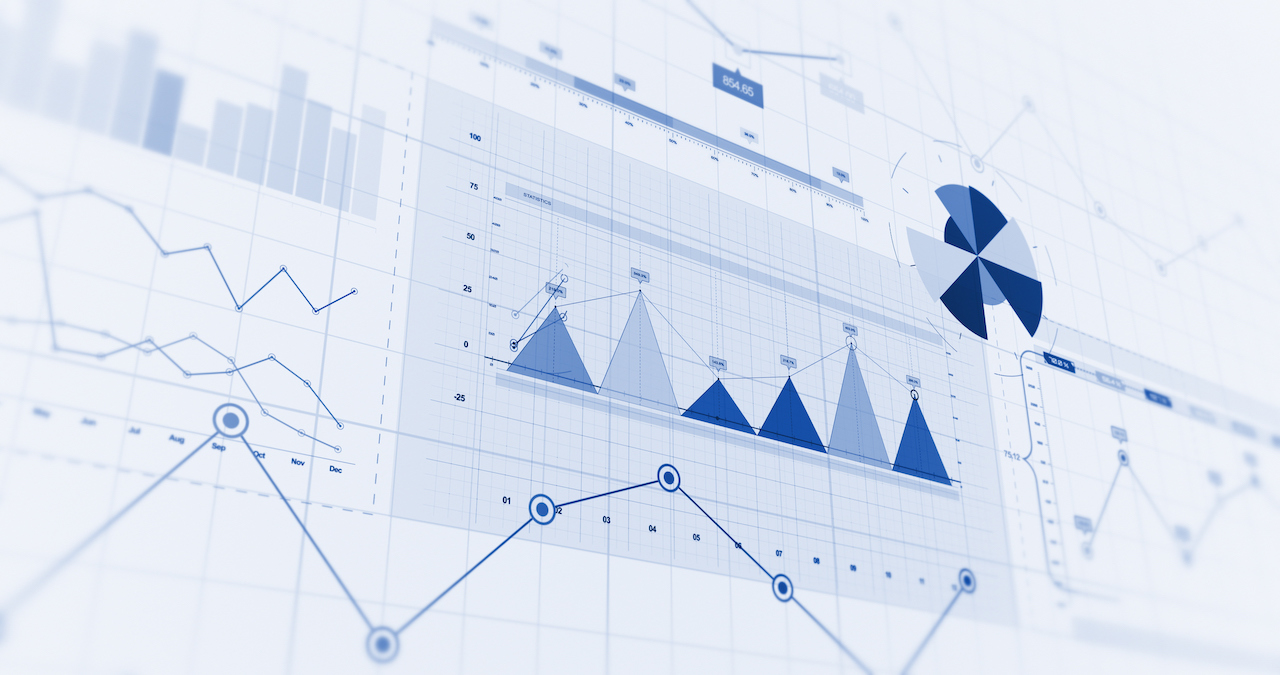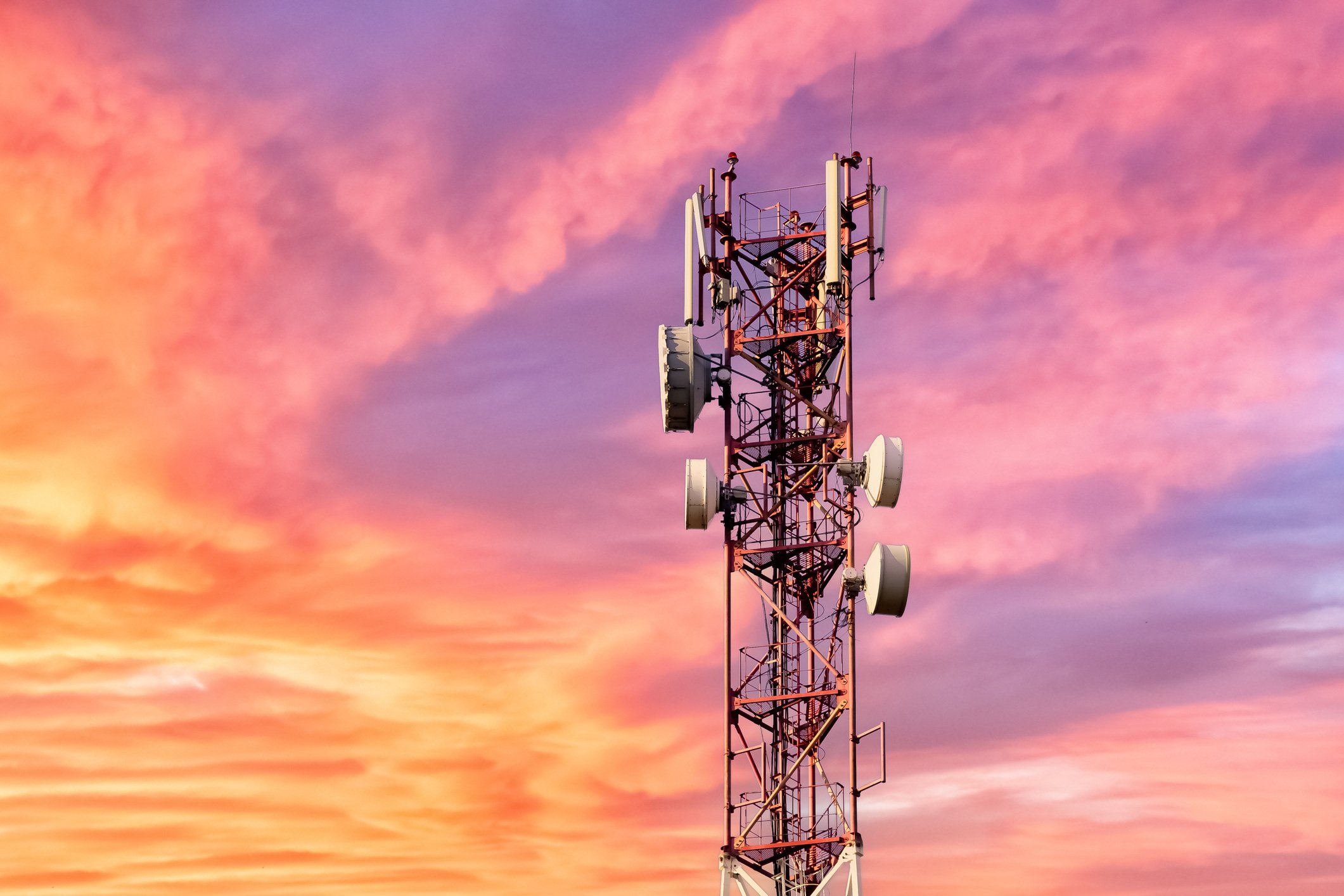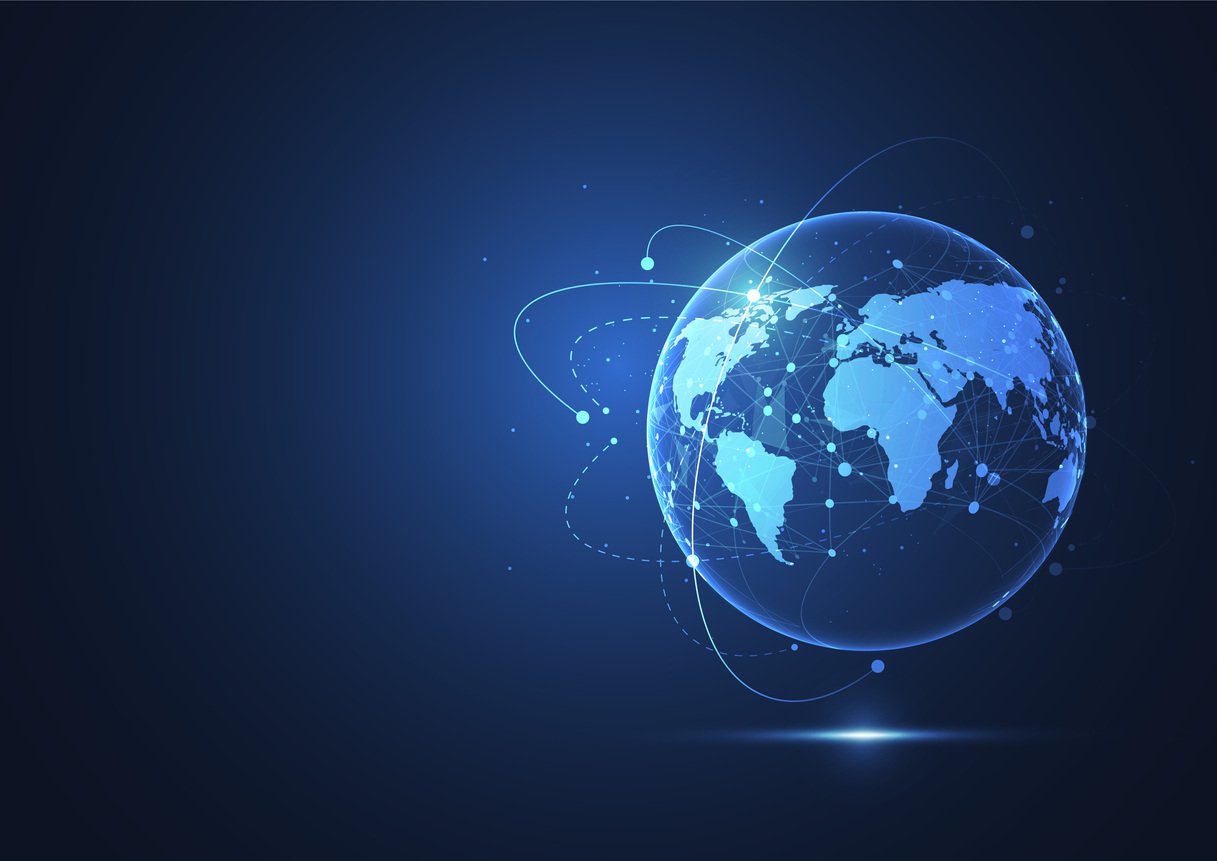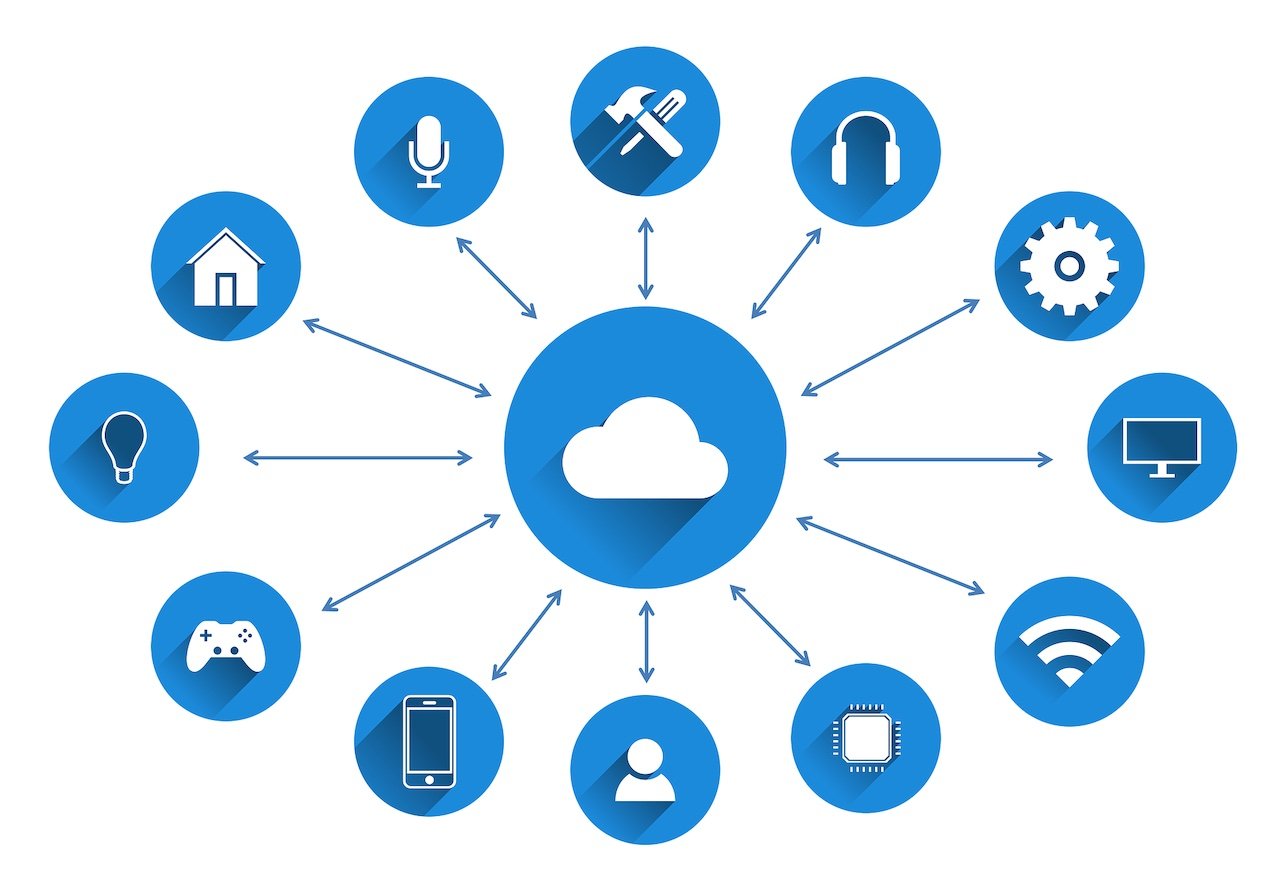
- April 2025 (1)
- March 2025 (2)
- February 2025 (1)
- December 2024 (2)
- November 2024 (2)
- August 2024 (2)
- June 2024 (3)
- May 2024 (3)
- April 2024 (1)
- March 2024 (3)
- February 2024 (2)
- January 2024 (2)
- December 2023 (1)
- November 2023 (2)
- October 2023 (2)
- September 2023 (1)
- August 2023 (1)
- July 2023 (2)
- June 2023 (3)
- May 2023 (2)
- April 2023 (1)
- March 2023 (4)
- February 2023 (1)
- January 2023 (2)
- November 2022 (2)
- October 2022 (1)
- September 2022 (1)
- August 2022 (2)
- July 2022 (2)
- June 2022 (2)
- May 2022 (1)
- April 2022 (3)
- March 2022 (1)
- February 2022 (3)
- January 2022 (2)
- December 2021 (1)
- November 2021 (1)
- October 2021 (2)
- September 2021 (3)
- August 2021 (1)
- July 2021 (4)
- June 2021 (1)
- May 2021 (2)
- April 2021 (2)
- March 2021 (2)
- February 2021 (3)
- January 2021 (3)
- December 2020 (1)
- October 2020 (1)
- August 2020 (1)
- August 2019 (1)
- January 2019 (2)
- September 2018 (5)
- June 2018 (1)
- November 2017 (1)
- September 2017 (1)
- July 2017 (1)
- May 2017 (1)
- January 2017 (1)
- October 2016 (2)
- August 2016 (1)
- July 2016 (1)
- June 2016 (1)
Subscribe by email
Companies that offer IoT solutions hold a wealth of information that they can analyze for business-transforming insights. This information can be related to device or application data, such as trending temperature levels in a refrigerated truck or the location of a piece of industrial machinery, or business intelligence behind the devices, such as how fast devices are consuming cellular data, or subscription-related KPIs. In this article, we discuss both types of IoT data analytics, provide examples of their use in action, and share more about how Zipit can help you leverage your business data to improve operational efficiency, increase revenue, or both.
What Is IoT Data Analytics?
IoT data analytics is a discipline that mines either the device data or business data for actionable insights. Using the refrigerated truck example, a Food Services company would need to know when the temperature inside a truck rose higher than the acceptable threshold to determine if the food is safe for consumption. They may also want to know how quickly their allotted cellular data will run out in order to renew their subscription and avoid downtime. From a device perspective, IoT data analytics involves the analysis of application data generated by IoT devices. Typically, companies use a stack of technologies to enable IoT device analytics that includes a cloud data warehouse or platform such as Snowflake or Amazon Redshift, data pipeline tools such as Fivetran and Apache Spark, and an analytics software tool such as Sigma and Tableau.
From a business intelligence perspective, IoT data analytics involves the analysis of business-level data, which is often application agnostic, meaning that it has less to do with the temperature monitoring, GPS location, or other device use case and more to do with things like device connectivity, data consumption rates, gross margins on subscriptions, and so on. For example, Zipit’s connectivity and subscription billing platform provides meaningful insights around typical subscription KPIs, like revenue per device, number of active devices, gross margins, data consumption, churn rate, and more. Companies can use IoT analytics and business insights to establish new business models, identify technical problems, and guide future product development efforts.
Benefits of IoT Analytics
Both types of IoT data analytics provide value for businesses, and they are an integral part of an effective strategy. As businesses have become more connected, the analytics from IoT devices have brought benefits such as improved productivity, more transparency, higher levels of safety and increased maintenance efficiency. We see these benefits across many industries, from heavy industrial equipment on a manufacturing plant shop floor to healthcare facilities to retail stores and beyond.
IoT business data analytics, on the other hand, helps companies in a different way. These insights can be used to grow revenue, deliver a better customer experience, and can be used to optimize business operations. These insights can even help companies determine new pricing structures and transform business models.
Real-World Examples of IoT Analytics in Action
Here are just a few ways companies and organizations are using IoT device analytics across industries:
- Retail: Improving the customer experience via point-of-sale devices or digital displays in retail stores.
- Transportation: Providing reliable and essential communication for fleet monitoring and safety notifications for law enforcement agencies.
- Smart farming: Optimizing crop treatment and improving conditions for planting, watering, pesticide application, and harvesting to drive higher levels of production for farmers.
- Healthcare: Improve health outcomes, compliance, and safety through patient health monitoring via wearables and remote patient monitoring devices.
- Manufacturing: Increasing manufacturers’ productivity, improving safety and efficiency, and decreasing downtime.
Transform Your IoT Business with Insights from Zipit
Zipit has over a decade of experience working alongside IoT solutions companies to gather and make sense of IoT business analytics. Over that time we’ve also worked with cellular carrier partners to deliver global connectivity and used our platform to simplify data plan management and end-user billing for brands around the world.
Want to know more about Zipit’s IoT platform, and how we might be able to work together? Contact us.
You might also like:
Related Content
The latest IoT insights and platform updates from Zipit.
IoT devices need flexible network technologies optimized for low-power application...
The network an IoT device selects significantly impacts the strength and reliabili...
Deploying an IoT solution brings significant value to businesses, but it also intr...



